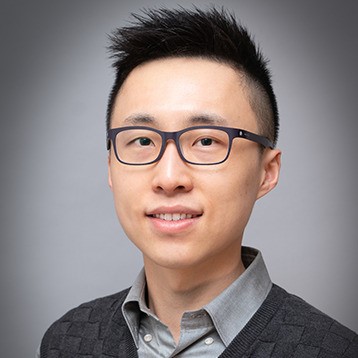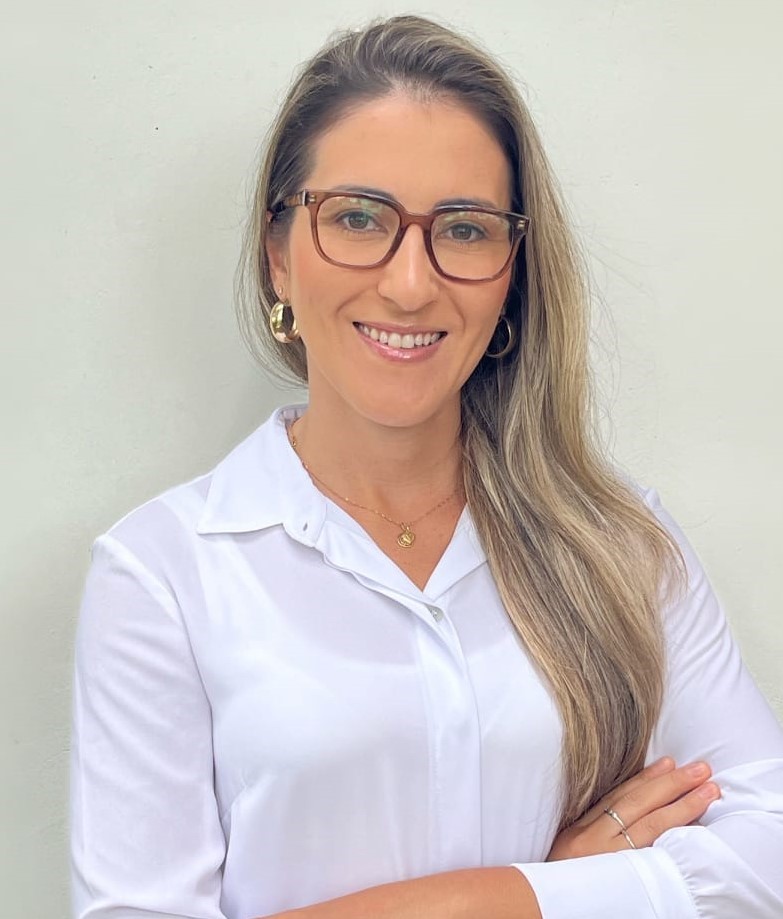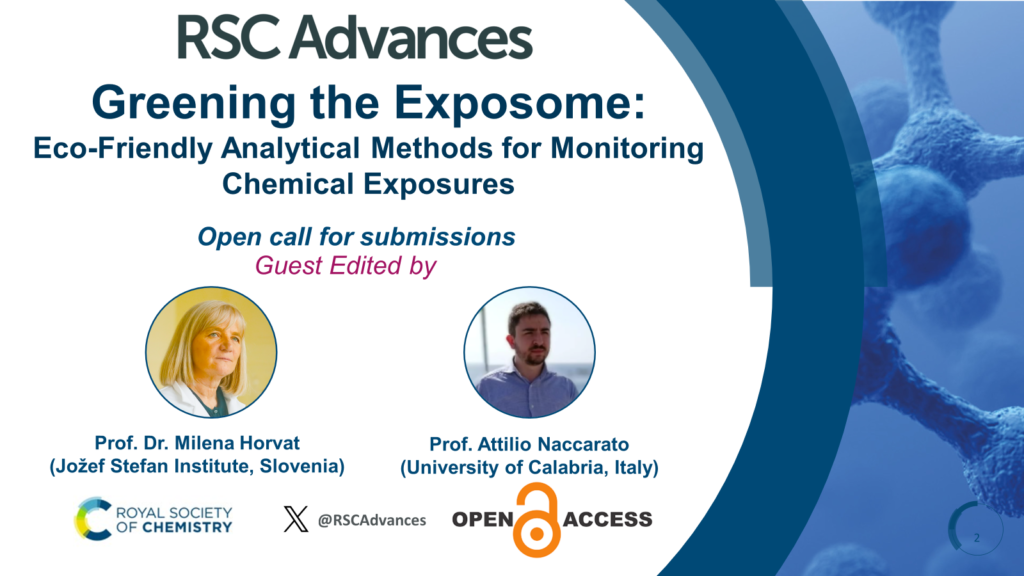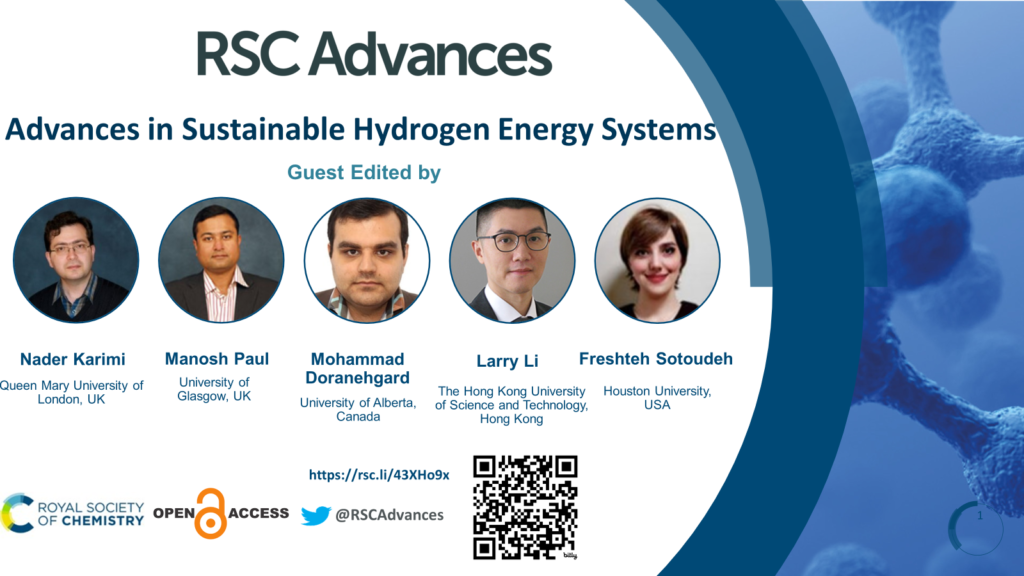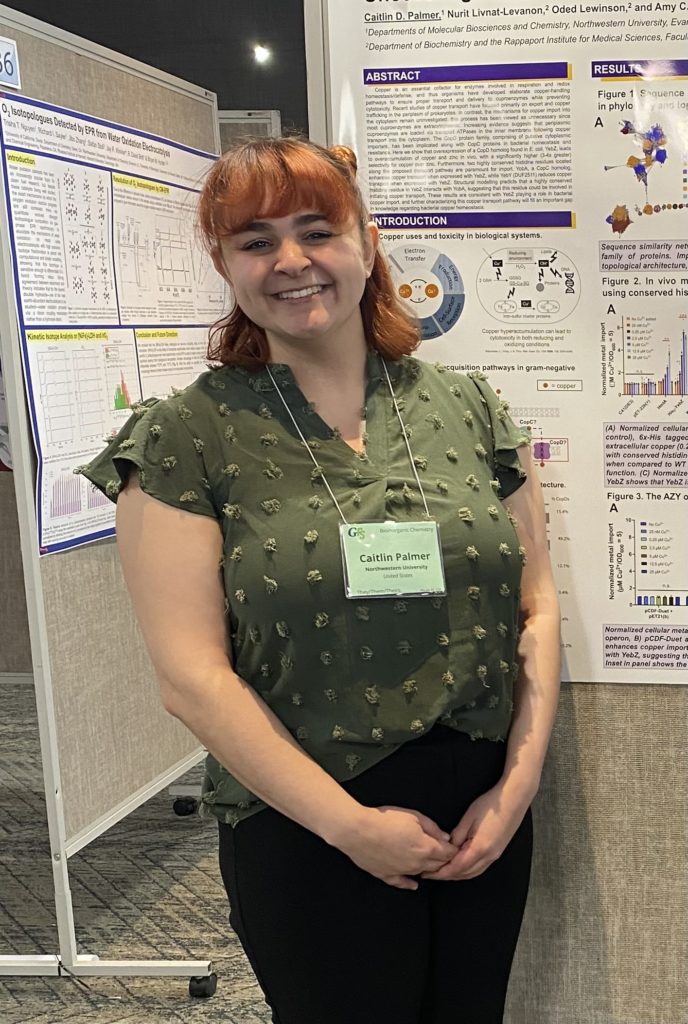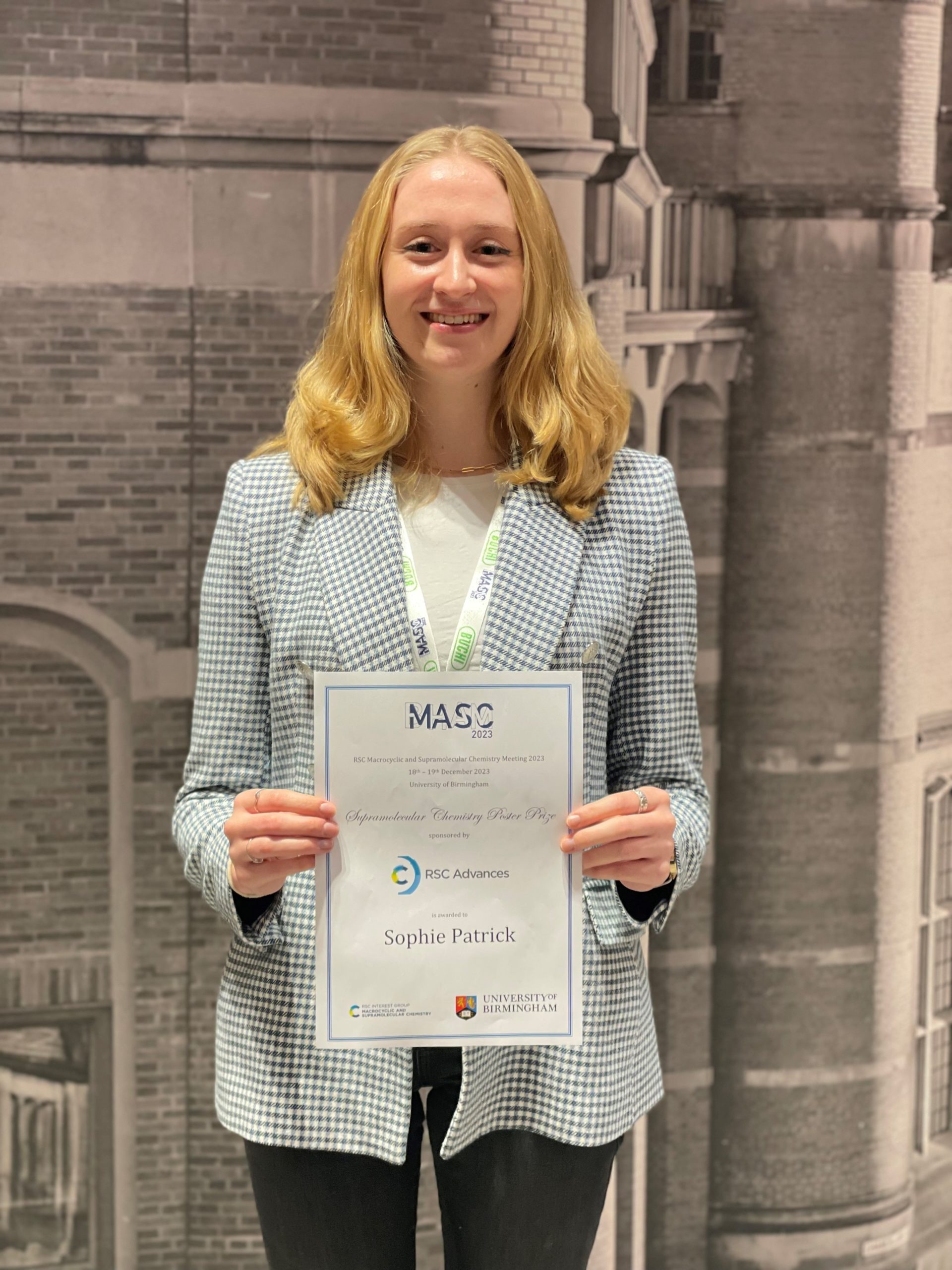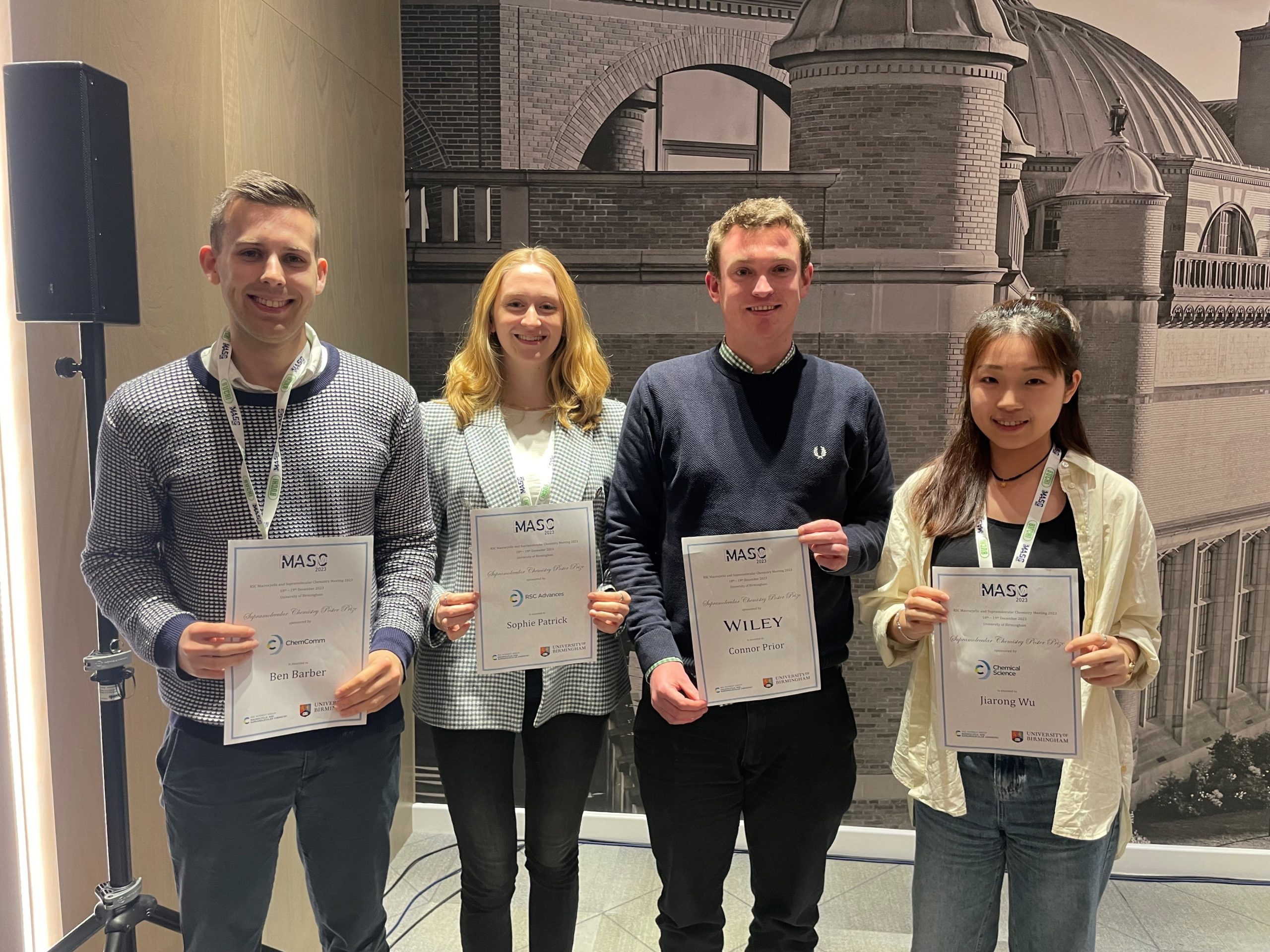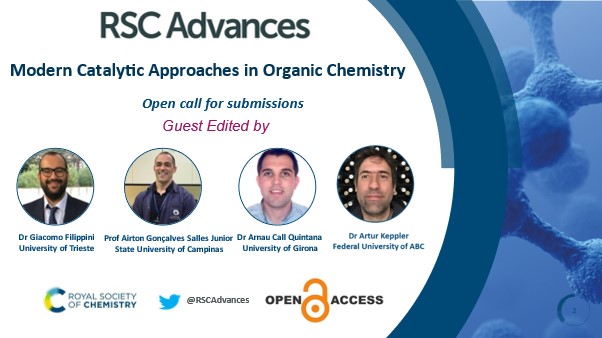We are delighted to present the 2023 edition of the RSC Advances Emerging Investigators series! Following the success of our 2022 edition, we are excited to continue highlighting the chemistry research being conducted by some of the leading investigators in our community.
This year’s Series Editors were Professor Shirley Nakagaki (Federal University of Paraná, Brazil) and Dr Fabienne Dumoulin (Acıbadem Mehmet Ali Aydınlar Universit, Türkiye). Eight articles were selected to support emerging researchers who are already making strides in their respective fields of research, both nationally and internationally. In this series, researchers address issues around water pollution, and develop analytical tools for the detection of biologically relevant substances. We also showcase efforts to prepare and characterize new compounds, as well as computational and theoretical research. Read all about the contributions in this accompanying Editorial.
We would like to take this opportunity to highlight an author from the series, Henry Chu. We interviewed Henry to find out more about his area of research and his contribution to the series.
Unidirectional drying of a suspension of diffusiophoretic colloids under gravity
Jinjie Xu, Zhikui Wang and Henry C. W. Chu
RSC Adv., 2023,13, 34852-34865
Henry Chu is an Assistant Professor in Chemical Engineering and an Affiliate Assistant Professor in Mechanical and Aerospace Engineering at University of Florida (UF). He obtained a M.Phil. from The University of Hong Kong advised by Professors Chiu-On Ng and Kwok Wing Chow, and a Ph.D. from Cornell University advised by Professor Roseanna Zia. He was a Postdoctoral Fellow at Carnegie Mellon University, working with Professors Aditya Khair, Robert Tilton, Stephen Garoff, and Todd Przybycien. The research theme of his group is heterogeneous soft matter transport and design, covering topics such as complex fluid dynamics, colloid and interface science, electrokinetics, and rheology. His group develops predictive multi-scale computational tools and fundamental theory to address National Academy of Engineering Grand Challenges, emphasizing on close collaboration with experimental groups to translate knowledge into applications. His work has been recognized through awards, including UF Global Faculty Fellowship, The Royal Society of Chemistry Soft Matter Emerging Investigator, American Chemical Society Petroleum Research Fund Doctoral New Investigator Grants, and the U.S. Department of Energy Geosciences Research Grants.
1. Could you briefly explain the focus of your article to the non-specialist (in one or two sentences only) and why it is of current interest?
The focus of our article is to simulate and understand the enhancement in the thickness of the colloidal film produced by unidirectional drying an electrolyte-colloid suspension, under normal and microgravity. This is of current interest in manufacturing microstructured materials for ground-based and in-space applications, such as thermal coatings, electrodes, and photonic crystals.
2. How big an impact could your results potentially have?
Our work demonstrates an order-of magnitude enhancement in the thickness of the colloidal film due to the enhanced colloidal transport by the solute concentration gradient generated during unidirectional drying.
3. Could you explain the motivation behind this study?
The enhanced colloidal transport by a solute concentration gradient, known as diffusiophoresis, has been ignored in prior modeling. Prior to our simulations, we envisioned that diffusiophoresis will be pivotal in the drying process, since the typical velocity of colloidal transport by diffusiophoresis is significantly larger than that by solvent evaporation in a drying cell.
4. In your opinion, what are the key design considerations for your study?
The key design consideration for our study is to employ direct numerical simulations and develop a macrotransport theory to analyze the advective-diffusive transport of an electrolyte-colloid suspension in a unidirectional drying cell under the influence of gravity and diffusiophoresis.
5. Which part of the work towards this paper proved to be most challenging?
The most challenging but enjoyable part of this work is to educate and guide my students to complete this first project of them. We are glad that we made it!
6. What aspect of your work are you most excited about at the moment?
The theme of our research is heterogeneous soft matter transport and design. We are excited about developing predictive multi-scale computational tools and fundamental theory to address emerging National Academy of Engineering Grand Challenges, emphasizing on close collaboration with experimental groups to translate knowledge into applications.
7. How has your research evolved from your first article to this particular article?
I am grateful to my undergraduate, master’s, doctoral, and postdoctoral research mentors, who guided me from my first article in hydrophobic microchannel flows to other published work in complex fluid dynamics, colloid and interface science, electrokinetics, and rheology. This article pertains to electrokinetic flows and is a tribute to my mentors 🙂
8. What is the next step? What work is planned?
Diffusiophoresis, the novel component of our article, is one of the specializations of our research group. We are excited about disseminating more of our discoveries of the fundamentals and applications of diffusiophoresis in the future!
9. Why did you want to publish in RSC Advances?
We published our article in RSC Advances, since our work was partly inspired by a high-quality article published in the same journal.
10. What are your thoughts on open access publishing?
Open access publishing is beneficial to disseminate knowledge, especially to institutes or individuals which cannot afford the traditional subscription model.

Submit to RSC Advances today! Check out our author guidelines for information on our article types or find out more about the advantages of publishing in a Royal Society of Chemistry journal.
Keep up to date with our latest Popular Advances articles, Reviews, Collections & more by following us on Twitter. You can also keep informed by signing up to our E-Alerts.


